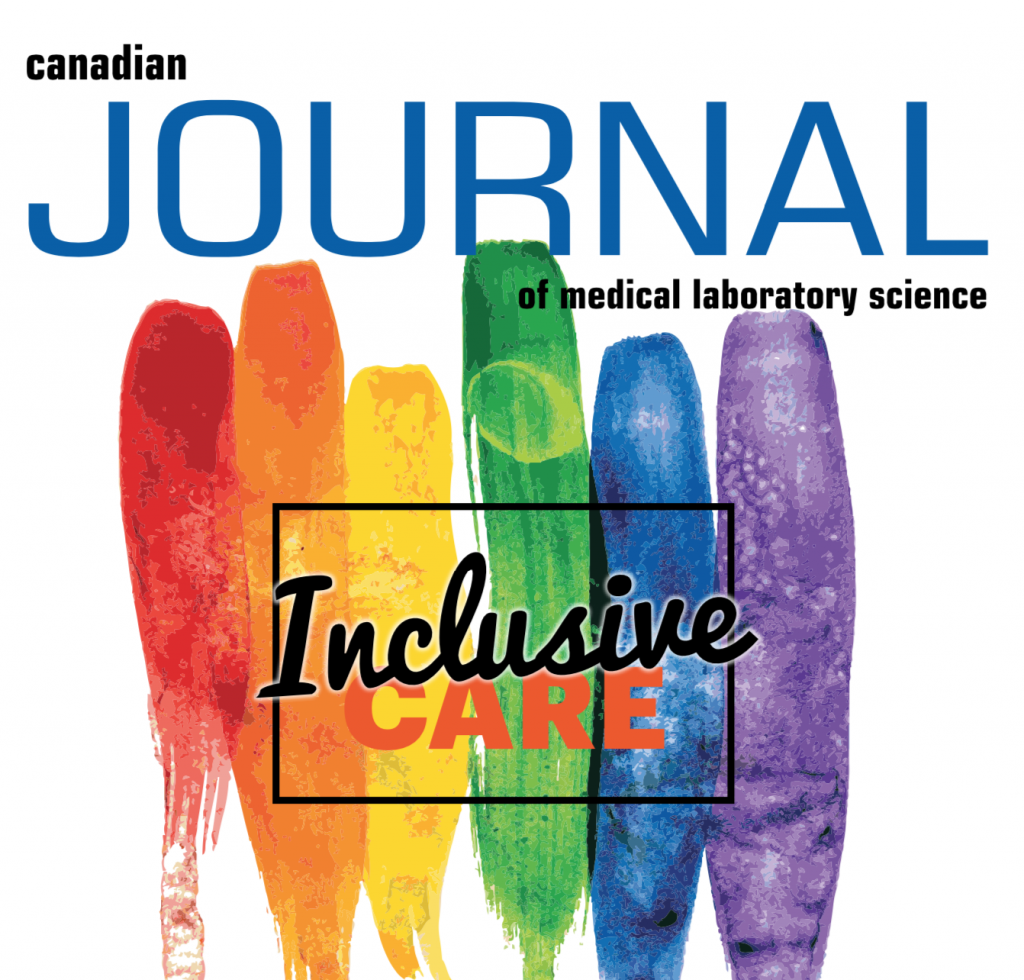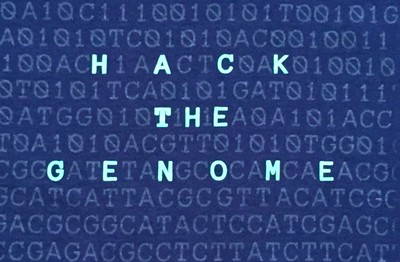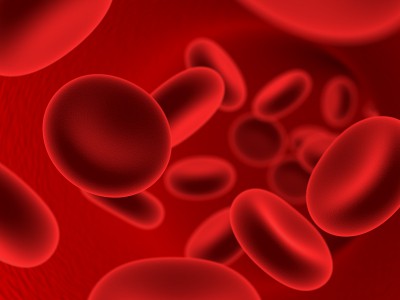What happens when individuals with diverse gender identities need medical tests? Find out in my cover story “Gender Identity and the Medical Lab” published in the Winter 2019 issue of the Canadian Journal of Medical Laboratory Science.
I reported on the challenges that gender-diverse individuals encounter at all stages of their interactions with medical labs. They face tons of obstacles throughout the whole patient journey, starting with first interactions at the reception desk to interpreting lab test results.
Medical lab professionals need to understand these obstacles so they can make changes to ensure inclusive care. Providing “conscientious, compassionate, honest and equitable care to all patients” is expected behaviour under the Code of Ethics of the Canadian Society for Medical Laboratory Science. It’s also the law: Bill C-16, signed into Canadian law on June 19, 2017, amended the Canadian Human Rights Act and the Criminal Code to clarify and protect Canadians from discrimination based on gender identity or expression.
Many thanks to these individuals who provided helpful insights and perspectives for the story: B Adair, a healthcare aide and primary care paramedic in Alberta; Heather Black, MLT, a laboratory systems analyst at Sunnybrook Health Sciences Centre in Toronto; and, Julie Coffey, MLT, director of education at the Institute for Quality Management in Healthcare in Ontario. There was much more I would have liked to include in the story, such as the use of honorifics when referring to people by name. My favourite quote was from Julie Coffey: “When a transgender individual takes hormone therapy, their test results do not necessarily convert to match the reference interval of their gender identity. Thinking that the biomarkers will convert is binary thinking right there.”
I hope this feature about gender identity and the medical lab sparks discussions and changes in medical labs across Canada. All people deserve compassionate, respectful care. Click here or on the image below to read the story.








